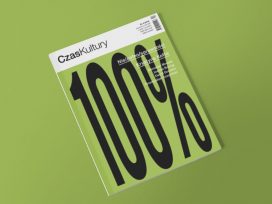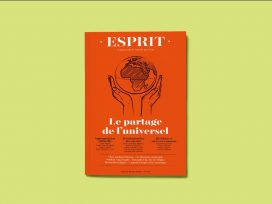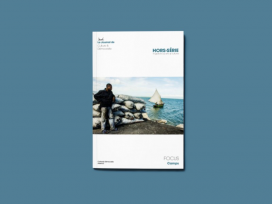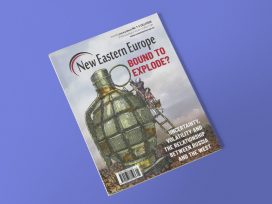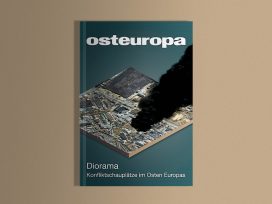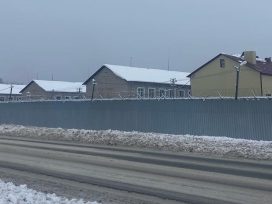Political polarization, populism, conflicting narratives, economic and generational changes: New Eastern Europe assesses the challenges of the new decade from the perspective of the West’s relations with Russia.
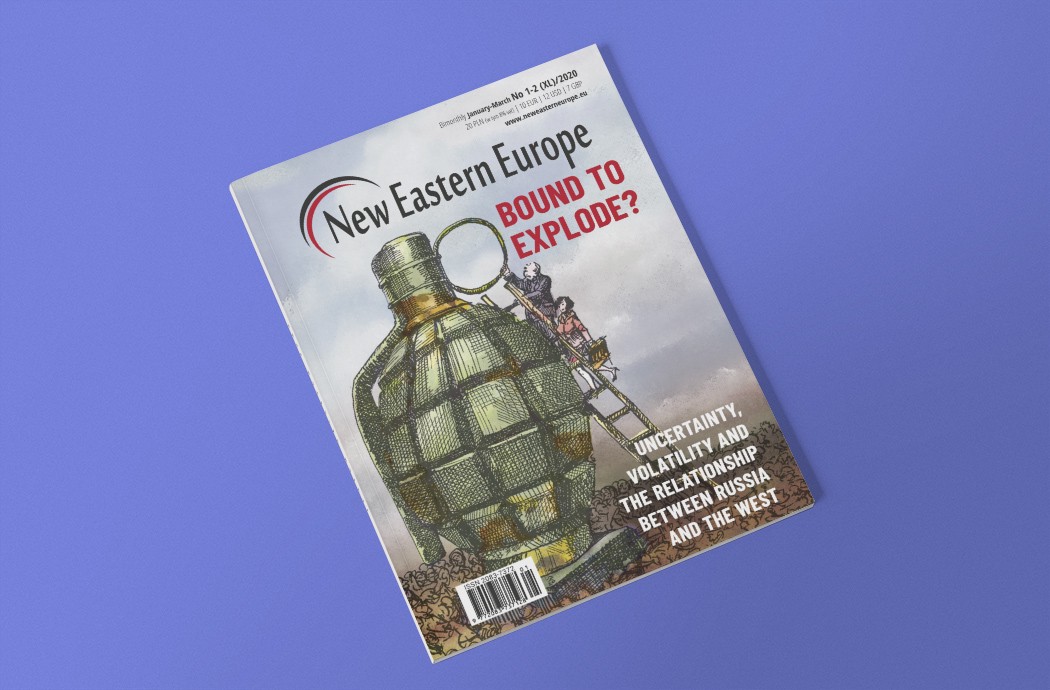
New Eastern Europe 1-2 2020
Franco-Russian axis
With his uncoordinated call for a rapprochement with Russia, Macron has become ‘the proverbial fox in the henhouse’, especially for the central and eastern European states, writes Liana Fix. In a geopolitical scenario dominated by the US–Chinese competition, the Élysée’s Gaullist overtures to the Kremlin are not completely misguided. ‘However, lowering European preconditions for strategic dialogue with Russia risks not a European-Russian win-win, but rather a double win for Russia.’ Abandoning Europe’s founding principles in the name of geopolitical realism and ‘accepting Russia’s sphere of influence in central and eastern Europe’ in the name of good relations with its neighbour ‘would set a dangerous precedent’.
Georgia
Progressive de-russification at the start of the new millennium paved the way for Georgia’s access to the western orbit. Now, three decades after gaining independence, Georgians ‘find themselves drifting back towards the cultural, informational and economic space of Russia’, writes Beka Chedia. To avoid a return to the past, strengthening democratic institutions is paramount.
Sovereign media
‘Informational sovereignty’ is invoked by autocrats in central Europe to justify media control. However, this should not obscure the concept’s democratic origins, argues Wojciech Przybylski. In view of Russian info-war, information sovereignty needs to be understood as being synonymous with a strong and independent media.
Hybrid war
Information aggressors, especially the Russian Federation, are not ‘reinventing the wheel’ but using existing mechanisms. Journalists and the media have a choice, argues Adam Lelonek: ignore this fact or accept their role as a key element in the security and information space.
More articles from New Eastern Europe in Eurozine; New Eastern Europe’s website
This article is part of the 2/2020 Eurozine review. Click here to subscribe to our reviews, and you also can subscribe to our newsletter and get the bi-weekly updates about the latest publications and news on partner journals.
Published 13 February 2020
Original in English
First published by Eurozine
© Eurozine
PDF/PRINTPublished in
Newsletter
Subscribe to know what’s worth thinking about.
Related Articles

Full steam ahead
Russian propaganda running up to the Polish elections
Ranging from influencers to opinion leaders and self-proclaimed experts, pro-Russian communities are consolidating in Poland. The Russian Federation not only supports these groups through the Polish-language sources it runs, but also has an influence on the activity of some of the people operating within them.
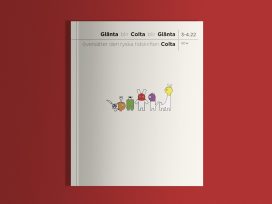
Russia’s futures
Glänta 3–4/2022
Glänta translates selected articles from Colta.ru 2010–2022: including false predictions on the eve of Putin’s third term; despair after annexation; observations on the cult of victory; and attempts to think Russia’s future now.
